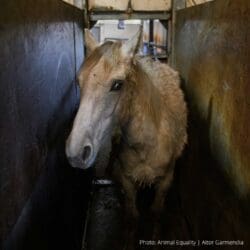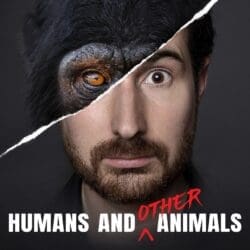Welcome to the Cruelty.farm Blog
The Cruelty.farm Blog is a platform dedicated to uncovering the hidden realities of modern animal agriculture and its far-reaching impacts on animals, people, and the planet. Articles provide investigative insights into issues such as factory farming, environmental damage, and systemic cruelty—topics often left in the shadows of mainstream discussions.
Every post is rooted in a shared purpose: to build empathy, question normalcy, and ignite change. By staying informed, you become part of a growing network of thinkers, doers, and allies working toward a world where compassion and responsibility guide how we treat animals, the planet, and each other. Read, reflect, act—each post is an invitation to change.
The fishing industry, often shrouded in layers of propaganda and marketing tactics, is one of the most deceptive sectors within the broader animal exploitation industry. While it continually seeks to persuade consumers to buy its products by highlighting positive aspects and downplaying or hiding the negatives, the reality behind the scenes is far more sinister. This article unveils eight shocking truths that the fishing industry would rather keep hidden from the public eye. Commercial industries, including the fishing sector and its aquaculture subsidiary, are adept at using publicity to mask the darker sides of their operations. They rely on consumer ignorance to maintain their market, knowing that if the public were fully aware of their practices, many would be appalled and likely cease purchasing their products. From the staggering number of vertebrates killed annually to the inhumane conditions in factory farms, the fishing industry is rife with secrets that highlight …


























































